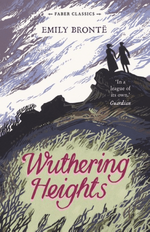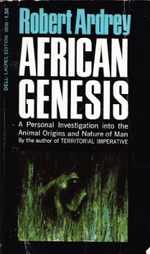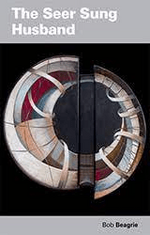They may be from any genre in fiction, or even non-fiction which may also count as literature. Books like 'The Peregrine', 'The Story of San Michele,' or Silent Spring, for instance,
What makes them great lines? Or what makes them your own personal favourites?
I'll start with this one. Gotta start somewhere. The ending lines of Wuthering Heights, Emily Bronte.
"I lingered round them, under that benign sky; watched the moths fluttering among the heath, and hare-bells; listened to the soft wind breathing through the grass; and wondered how any one could ever imagine unquiet slumbers for the sleepers in that quiet earth."
What beautiful description. The general and the abstract, in counterpoise with physical detail - the moths (souls?)
It is musical, poetic, artistic. Her use of language is a painting in watercolour. Look at the structure of this single sentence. Have we yet seen a sentence of such technical skill on Pop- Ups. There are six clauses. There is - gasp, horror- a semi-colon. Well, so what? And yes. it is nineteenth century writing, and tastes have changed, absolutely, though I first read this book as a young teen and found it no big deal and perfectly accessible.
This is simply an observation about the writer's technical mastery; the command of syntax and language. Emily Bronte never went to school after all BUT - crucially- she had plentiful access to books in her own home.
This ending is a summation and compression of the whole arc of the story, and the feeling that has driven it.
There is compassion on the dead; for the impossible Cathy and Heathcliff; acknowledging the destructiveness of their folie à deux. This is an elegy for the children they once were, for the power of their sense of belonging to their landscape, their passion for their patch of earth, with which we are losing our own sense of connection. There is compassion for the man and woman they became. forgiveness for the harm they did. The ghosts are laid to rest with the benediction of the earth itself that has received them here.
'He is more of myself than I am,' said Cathy.
It is redemption, and the quietus of passion, rage, desires unfulfilled, grief.

What makes them great lines? Or what makes them your own personal favourites?
I'll start with this one. Gotta start somewhere. The ending lines of Wuthering Heights, Emily Bronte.
"I lingered round them, under that benign sky; watched the moths fluttering among the heath, and hare-bells; listened to the soft wind breathing through the grass; and wondered how any one could ever imagine unquiet slumbers for the sleepers in that quiet earth."
What beautiful description. The general and the abstract, in counterpoise with physical detail - the moths (souls?)
It is musical, poetic, artistic. Her use of language is a painting in watercolour. Look at the structure of this single sentence. Have we yet seen a sentence of such technical skill on Pop- Ups. There are six clauses. There is - gasp, horror- a semi-colon. Well, so what? And yes. it is nineteenth century writing, and tastes have changed, absolutely, though I first read this book as a young teen and found it no big deal and perfectly accessible.
This is simply an observation about the writer's technical mastery; the command of syntax and language. Emily Bronte never went to school after all BUT - crucially- she had plentiful access to books in her own home.
This ending is a summation and compression of the whole arc of the story, and the feeling that has driven it.
There is compassion on the dead; for the impossible Cathy and Heathcliff; acknowledging the destructiveness of their folie à deux. This is an elegy for the children they once were, for the power of their sense of belonging to their landscape, their passion for their patch of earth, with which we are losing our own sense of connection. There is compassion for the man and woman they became. forgiveness for the harm they did. The ghosts are laid to rest with the benediction of the earth itself that has received them here.
'He is more of myself than I am,' said Cathy.
It is redemption, and the quietus of passion, rage, desires unfulfilled, grief.



